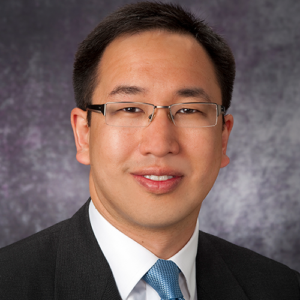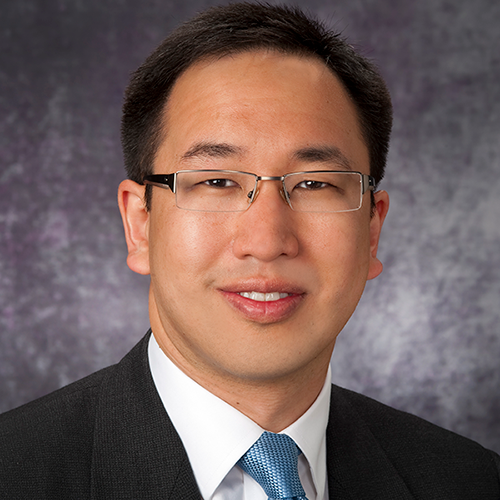“Spring, when your nose does more running than you do.” —Anonymous
The beginning of Spring is when people often suffer from allergies and rhinosinusitis issues due to the increase of pollen in the air from the blooming of flowers and trees. While many people will get quick relief from common medications such as antihistamines and nasal steroids, a segment of the population feels like every day of the year is a mid-April day due to chronic sinusitis. For these individuals, advances in sinus and allergy treatments can dramatically change their daily quality of life.
What is Chronic Sinusitis?
Chronic sinusitis is the long-term swelling of the nasal passages that potentially can include the growth of polyps in the nasal tissues. First-line therapy for patients includes nasal sprays, such as saline spray and Flonase, that open up the mucosal cavities to better airflow. While this often works for patients, other techniques offer long-term benefits without a daily medication plan. The surgical removal of nasal polyps is a traditional option that has shown great success over the years. Many patients are also receiving in-office treatments that offer substantial relief without having to have general anesthesia. Latera is a fishbone-style implant inserted into the lateral wall and helps prevent the collapse of the nasal passages. SinuSonic utilizes vibratory signals along with positive air pressure to help open the nose. Sinuva is a 90-day delivery of steroids implanted in the nasal cavities and offers a sustained release of mucus clearing medications.
Research and Treatment – Department of Otolaryngology at the University of Pittsburgh School

Eric Wang, MD, FACS, of the Department of Otolaryngology at the University of Pittsburgh School of Medicine, is at the forefront of research and clinical treatments that change patients’ lives and lifestyles for those with severe congestion, drainage, reduced sense of smell, and facial pressure. Dr. Wang utilizes various techniques, including drug therapy and surgery, along with newer methods that include radiofrequency and freezing the nasal tissues to combat these issues.
Dr. Wang is also working with other, more unique types of nasal problems, including vasomotor rhinitis, which is excessive mucus without allergies. One of the hallmarks of vasomotor rhinitis is excessive mucus production while eating. A newer treatment for vasomotor rhinitis is ClariFix, which utilizes frostbite to “freeze” the mucus membranes and essentially stop mucus production.
Ongoing research is essential to finding options that make patients’ lives better every day. You can help the Eye & Ear Foundation support the work of Dr. Wang and the Department of Otolaryngology by donating to eyeandear.org/donate. Let’s solve one of the most common medical problems that have such an enormous impact on daily living.
